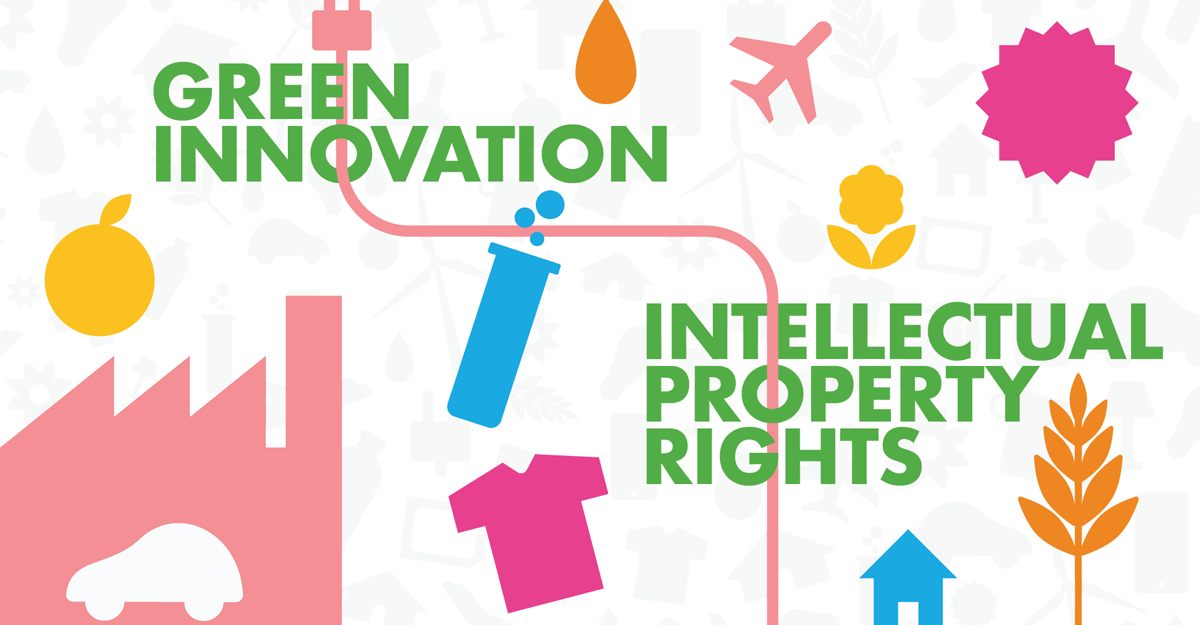
The intersection of intellectual property (IP) and global trade has become increasingly complex in today’s interconnected world
While intellectual property rights provide incentives for innovation and creativity, they can also pose challenges in terms of access to essential goods, technology transfer, and the promotion of global development. This article explores the delicate balance between protecting IP rights and ensuring equitable access to knowledge and innovation in the context of global trade
1. Intellectual Property Rights and Trade Agreements:
Trade agreements play a significant role in shaping the global intellectual property landscape. This section examines the inclusion of intellectual property provisions in international trade agreements, such as the World Trade Organization’s Agreement on Trade-Related Aspects of Intellectual Property Rights (TRIPS). It discusses the objectives of these agreements and their impact on promoting innovation, technology transfer, and market access for intellectual property-intensive industries.
2. Patent Protection and Access to Medicines:
The tension between intellectual property rights and access to affordable medicines has been a subject of debate for years. This section delves into the challenges faced by developing countries in accessing essential medicines due to high drug prices and patent protection. It explores the flexibilities provided by TRIPS, such as compulsory licensing and parallel imports, as well as initiatives like the Medicines Patent Pool and voluntary licensing agreements that seek to strike a balance between IP protection and public health needs.
3. Technology Transfer and Capacity Building:
Intellectual property rights can both enable and hinder technology transfer, especially from developed to developing countries. This section examines the role of IP in technology transfer agreements, focusing on the importance of balancing protection with provisions that encourage knowledge sharing, capacity building, and the development of local industries. It explores initiatives that promote technology transfer, such as collaborative research and development programs, open innovation models, and technology licensing arrangements.
4. Balancing Copyright Protection and Digital Access:
The digital age has transformed the way copyrighted works are created, distributed, and accessed. This section addresses the challenges of balancing copyright protection with the need for affordable digital access to knowledge and cultural expressions. It discusses alternative models such as open educational resources, creative commons licensing, and digital libraries that facilitate wider access to copyrighted content while respecting creators’ rights.
5. IP Enforcement and Trade Remedies:
Effective enforcement of intellectual property rights is crucial for fostering innovation and protecting the interests of rights holders. This section explores the role of IP enforcement mechanisms, including border control measures, civil and criminal litigation, and trade remedies such as tariffs and sanctions. It highlights the need for balanced enforcement strategies that combat infringement while ensuring legitimate trade flows and preventing the misuse of IP rights to stifle competition.
6. Promoting Innovation and Development:
Global trade policies need to strike a balance between protecting IP rights and promoting innovation, particularly in developing countries. This section discusses the importance of policy coherence and capacity building to foster domestic innovation ecosystems, encourage technology transfer, and support the growth of local industries. It explores initiatives that aim to harness intellectual property for sustainable development, such as technology parks, innovation funds, and support for small and medium-sized enterprises.
Conclusion:
Intellectual property and global trade are intricately intertwined, presenting both opportunities and challenges for innovation and access to knowledge. Balancing IP rights with considerations of affordability, public health, technology transfer, and cultural access is essential to foster equitable development and address the needs of diverse economies. By navigating the complexities of intellectual property in the context of global trade through well-designed policies, international cooperation, and inclusive frameworks, we can create a balanced and fair system that stimulates innovation, promotes access to essential goods and services, and drives sustainable global development.

